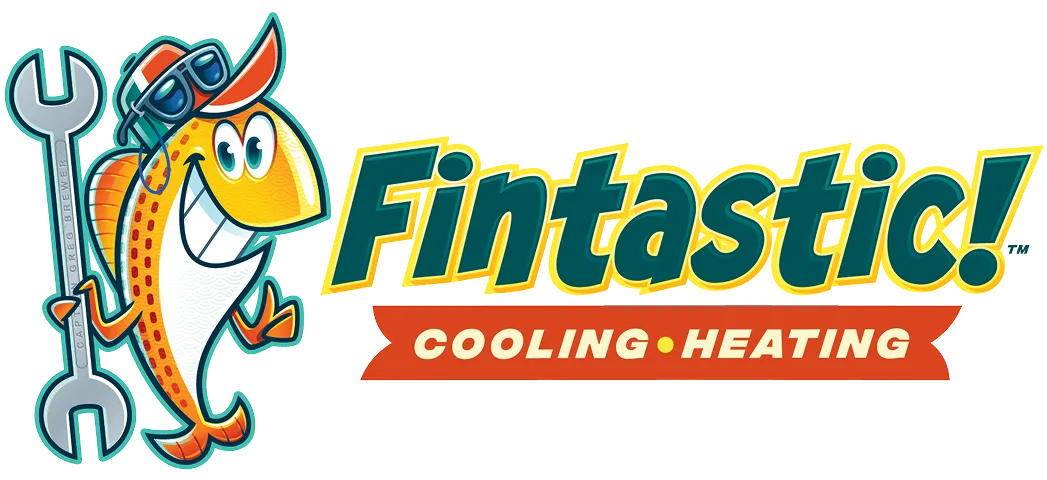Furnace Service in Hunters Creek Village, TX
Comprehensive furnace service for homes in Hunters Creek Village, TX, including diagnostics, repairs, maintenance, safety inspections, and emergency response. Timely service reduces safety risks from gas furnace issues, prevents breakdowns during cold snaps, improves indoor comfort, and extends equipment life. Our offerings cover system evaluations, ignition and burner repairs, filter guidance, safety checks, maintenance plans, and 24/7 emergency response. Expect clear diagnostics, transparent recommendations, and qualified technicians who safeguard your family and energy use. We tailor services to your system, budget, and schedule.
.jpg)
Furnace Service in Hunters Creek Village, TX
Keeping your furnace reliable and safe is essential even in Hunters Creek Village, where winters are generally mild but punctuated by occasional cold snaps that put sudden demand on home heating systems. Professional furnace service focuses on diagnosing problems quickly, repairing or replacing worn components, confirming safety, and maintaining efficiency so your home stays comfortable, energy costs stay controlled, and safety risks are minimized.
Why timely furnace service matters in Hunters Creek Village
- Protects your family from safety risks. Gas furnaces can develop heat exchanger cracks or ignition issues that raise the risk of carbon monoxide exposure. Regular safety inspections reduce that risk.
- Prevents inconvenient breakdowns during cold fronts. The Greater Houston area can experience abrupt temperature drops; preventive maintenance reduces the chance of failing when you need heat most.
- Improves indoor comfort in humid, pollen-prone seasons. Mature trees and humidity in the area increase dust and allergen levels, making filter checks and duct inspections important for healthy indoor air.
- Extends equipment life and efficiency. Routine tune-ups restore proper combustion and airflow, lowering energy use and avoiding early replacement.
Common furnace issues in Hunters Creek Village homes
- Furnace won’t start or cycles on and off frequently
- Weak or uneven heat; upstairs or distant rooms colder
- Unusual noises: rattling, squealing, or banging
- Pilot light or electronic ignition failure
- Frequent short-cycling due to thermostat, control board, or airflow problems
- High energy bills after winterization begins
- Carbon monoxide detector alerts or unusual odors (rotten egg smell indicating a gas leak)
- Dirty filters, clogged burners, or blocked vents reducing airflow
Our furnace service types (overview)
- Diagnostics and system evaluation — A full check of controls, ignition, burners, heat exchanger integrity, blower operation, and airflow.
- Repairs — Component-level repairs such as igniters, flame sensors, gas valves, blower motors, control boards, burners, and thermostats.
- Maintenance and tune-ups — Seasonal cleanings, filter replacement guidance, burner and blower cleaning, and efficiency adjustments.
- Safety inspections — Heat exchanger inspections, combustion analysis, CO checks, gas leak detection, and venting/return checks.
- Parts replacement — Installing OEM or equivalent parts when repair is not cost-effective or safe.
- Emergency response — Fast triage for no-heat calls, gas odor reports, or CO alarms during cold snaps.
- Service agreements — Scheduled maintenance plans that include priority service windows, seasonal tune-ups, and documented inspection records.
What to expect during a diagnostic visit
A professional diagnostic follows a consistent, transparent process:
- Visual inspection of the furnace cabinet, vents, and surrounding area for obvious damage or obstructions.
- Safety checks: gas line integrity, odor assessment, and carbon monoxide screening.
- Control system evaluation: thermostat calibration, control board checks, and error code readings.
- Combustion and ignition review for gas furnaces: burner condition, flame quality, and heat exchanger inspection for cracks or corrosion.
- Airflow and distribution inspection: filter condition, blower motor operation, ductwork leaks, and return/vent balance.
- Electrical checks: voltage, wiring security, and capacitor/relay condition.
- Clear, plain-language explanation of findings with recommended repair or maintenance options and expected outcomes.
Typical repairs and when replacement is recommended
Common repairs include replacing faulty igniters or flame sensors, cleaning or replacing burners, repairing blower motors, fixing controls or limit switches, and sealing or insulating duct leaks. Replacement is often recommended when:
- The heat exchanger is cracked or unsafe
- Repair costs approach or exceed 50% of a reliable replacement
- The system is older (typically over 15 years) with repeated failures and poor efficiency
- Parts are obsolete or unavailable
When replacement is the best long-term option, a professional assessment will compare efficiency gains, expected savings, and compatibility with existing ductwork and thermostats.
Safety inspections and what they cover
Safety is central to furnace service. Inspections typically include:
- Visual and instrumented heat exchanger checks for cracks or holes
- Carbon monoxide testing at the furnace and in living areas
- Gas leak detection and shutoff verification
- Proper combustion and venting evaluation
- Flame stability and burner condition checks
- Electrical safety and grounding confirmation
If any safety hazard is identified, technicians isolate the risk and provide a clear explanation of required steps to restore safe operation.
Service agreements, warranties, and technician qualifications
- Service agreements provide scheduled tune-ups, priority booking during peak seasons, and documented service records that help maintain manufacturer warranties and improve equipment lifespan.
- Warranties vary by part and repair. Professional furnace service typically includes workmanship warranties for labor and covers replaced parts under manufacturer or installer-backed guarantees. Documentation and recommendations are provided after each visit.
- Technician qualifications: Technicians carry professional HVAC training, ongoing manufacturer-specific certifications, and appropriate licensing for gas and electrical work. They follow best practices for safety, equipment handling, and customer transparency.
Scheduling and emergency response (what homeowners should know)
Service is generally arranged with flexible appointment windows to fit weekday schedules and seasonal needs. Emergency response is available for situations that threaten safety or leave a home without heat during dangerously cold periods. If you detect a gas odor or carbon monoxide alarm, evacuate the home immediately and follow local emergency guidance; service personnel can then perform a safe, prioritized response.
Maintenance tips to reduce furnace problems
- Replace or clean filters regularly (every 1–3 months depending on load and pets)
- Keep vents and returns clear of furniture and debris
- Trim vegetation near outdoor vents to ensure proper airflow and venting
- Schedule fall tune-ups before the first sustained cold period
- Monitor energy bills and temperature consistency for signs of failing performance
Benefits of regular furnace service
Regular furnace service in Hunters Creek Village protects your family’s safety, improves comfort during variable winter weather, lowers energy costs, and prevents costly emergency repairs. Well-maintained systems run cleaner and last longer, helping homeowners preserve home value and indoor air quality in a humid, pollen-prone environment.
This information outlines what professional furnace service covers, why it matters in Hunters Creek Village, and how preventive care and qualified technicians combine to keep heating systems safe, efficient, and dependable.
Customer Testimonials
Our customers praise our exceptional service and attention to detail, consistently exceeding expectations.































































